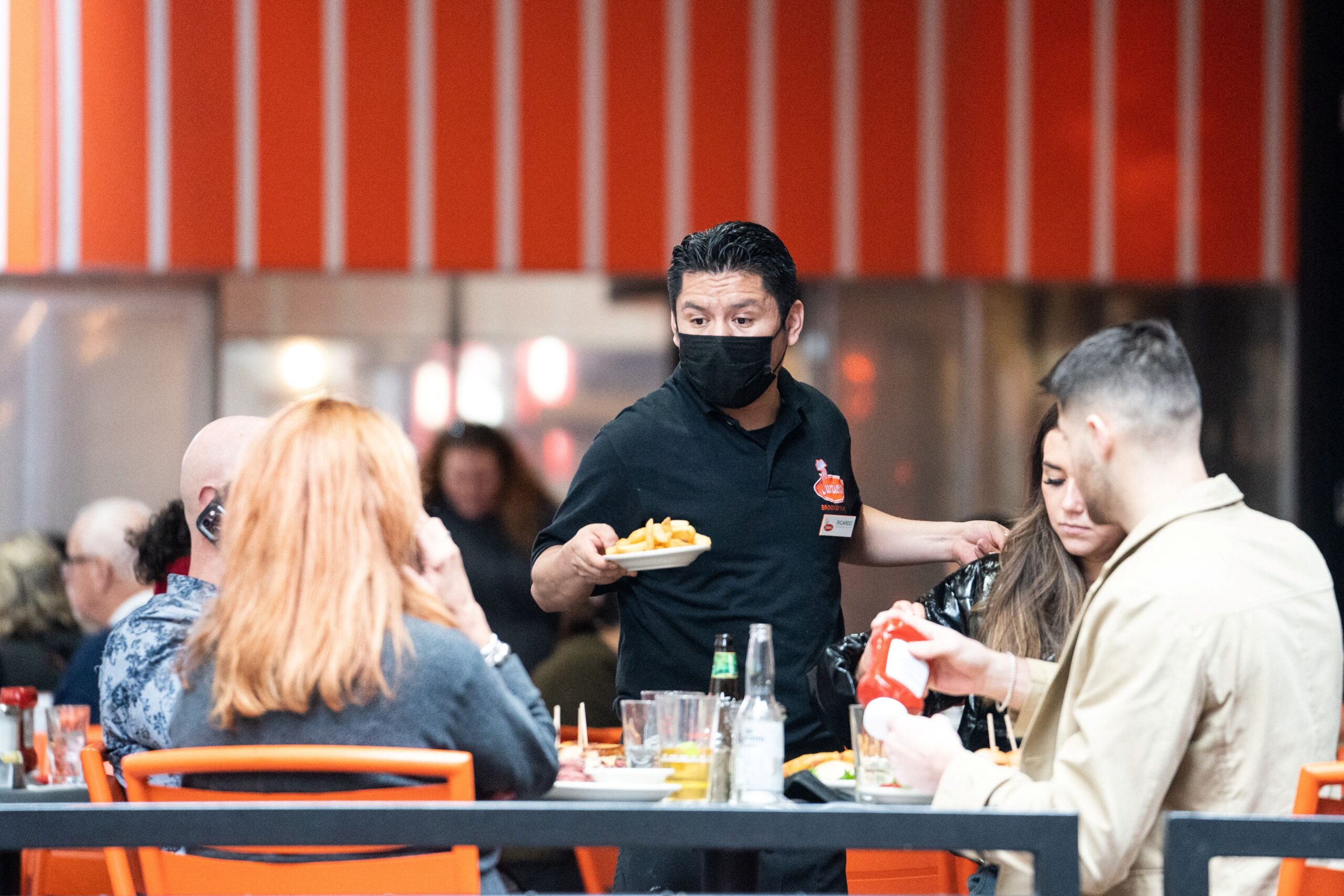Federal judge finds no civil rights violation for Black family alleging discrimination at Chili’s

A federal judge concluded last week that a Black family’s negative experience at a Denver Chili’s restaurant was not the product of intentional racial discrimination, but rather the staff’s belief that the customers previously walked out without paying for their meal.
Markesha Futrell-Smith filed claims under state and federal civil rights law, alleging a Chili’s manager treated her differently based on her race by asking Futrell-Smith and her husband for valid payment at the beginning of their meal. Futrell-Smith’s family were allegedly the only Black customers at the time and there was no proof they were the same customers who previously left without paying.
In an Aug. 13 order, Chief U.S. Magistrate Judge Scott T. Varholak determined the evidence did not show any intentional discrimination on Chili’s part, notwithstanding the manager’s decision to single out Futrell-Smith based upon unproven accusations of nonpayment.
“And while in hindsight Defendant probably should have asked the servers why they believed Plaintiff and her husband had previously walked out on the bills, the Court cannot conclude that this single defect in the investigation, standing alone, would allow a reasonable factfinder to find pretext,” Varholak wrote. “Ultimately, Plaintiff’s belief that she was singled out because of her race is not supported by specific, admissible evidence.”
Futrell-Smith, her husband and her children visited the Chili’s on 3625 South Monaco Parkway one night in April 2022. They had eaten there frequently and Futrell-Smith spoke with the assistant general manager several times before.
However, the Chili’s had experienced recent instances of customers walking out without paying, and one server claimed Futrell-Smith and her husband had previously done so. In response, the assistant manager asked the family for valid payment up front because they had been “identified as” walkouts.
Futrell-Smith began yelling at the manager and followed her through the restaurant. Eventually, the family left without eating.

Futrell-Smith denied she ever walked out on a check. She also acknowledged her appearance was different than usual that day, and the manager made the accusation potentially before recognizing her.
A Chili’s inquiry found the assistant manager’s handling of the situation was in violation of company policies. The Colorado Civil Rights Division, in response to Futrell-Smith’s complaint, determined Chili’s denied Futrell-Smith the “full and equal enjoyment” of a public accommodation due to discrimination.
Chili’s “lacked any meaningful evidence to support that the Complainant had previously walked out on a bill at their restaurant,” wrote Investigations Manager Geoff Salant in June 2023. Further, there were less accusatory ways of addressing the alleged walkout, such as positioning staff “near the exits or advise the server to keep an eye on a table towards the end of their meal.”
Futrell-Smith then filed a discrimination lawsuit against the restaurant’s operator, Brinker International, Inc. The defendant moved to end the case in its favor without a trial, arguing a “misunderstanding and a reactionary decision of a restaurant manager” did not equate to intentional racial discrimination.

The encounter stemmed from the assistant manager’s “belief that Ms. Futrell-Smith had previously walked out and that her manager wanted her to handle such situations in this manner,” wrote lawyers for Chili’s, “even if mistaken, and in violation of Brinker guest relations policies.”
Futrell-Smith responded that “common sense” showed otherwise. As the only Black customers and the only ones asked about payment at the outset, her family was treated differently without any indication of how the staff concluded she had committed a prior walkout.
Varholak, in his order, determined Futrell-Smith’s civil rights claims faltered under federal law because she had not shown intentional racial discrimination took place. He elaborated that Futrell-Smith did not only have to show she was treated differently than non-Black customers generally, but differently from non-Black customers who were also suspected of walking out on a check.
“Plaintiff does not identify any customer who, after being identified by staff as a suspected prior walkout, was permitted to order without a valid form of payment upfront,” Varholak wrote. “Indeed, the only other similar comparator was a Caucasian male suspected of previously walking out on a bill and he was likewise questioned about his ability to pay.”
Moreover, any “deviations from general hospitality procedures, without more, do not raise an inference of racial animus,” Varholak added. Ultimately, the history of walkouts at the restaurant and the staff’s belief that Futrell-Smith was responsible provided a “legitimate and non-discriminatory” reason for the manager’s actions.
Because Varholak sided with Chili’s on the claims under federal law, he declined to address Futrell-Smith’s related claim under Colorado law.
The case is Futrell-Smith v. Brinker International, Inc.













